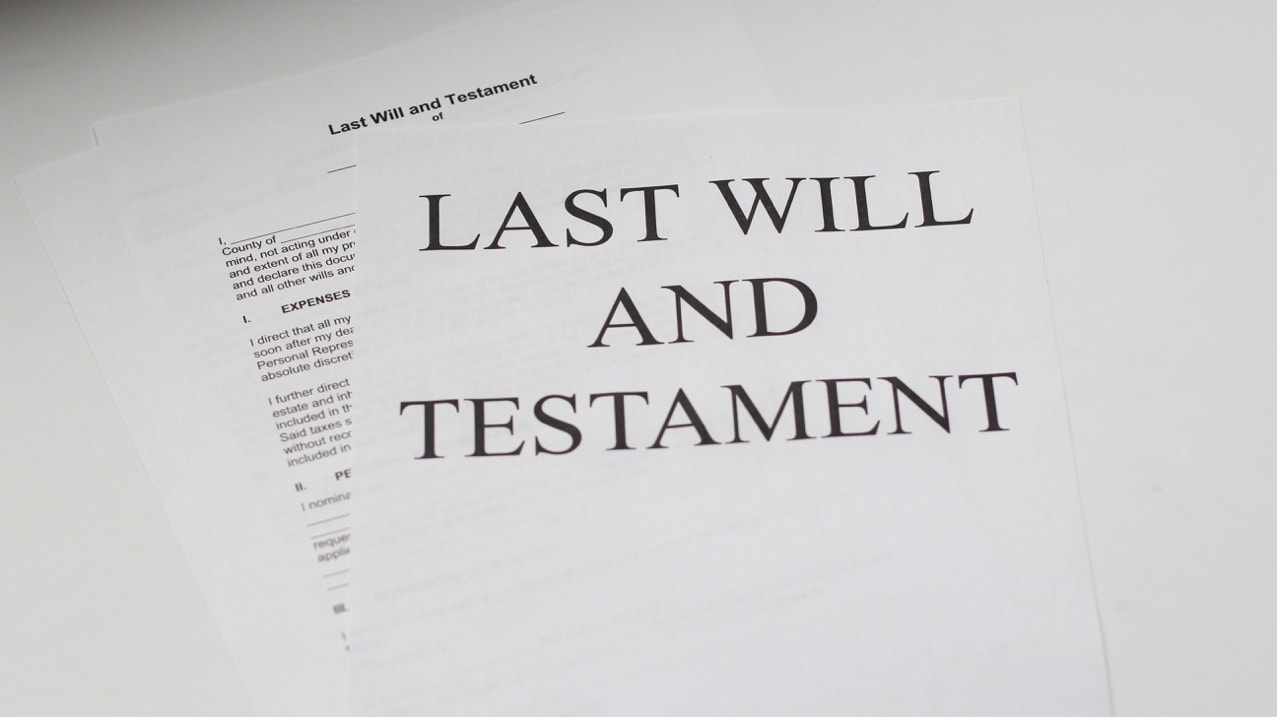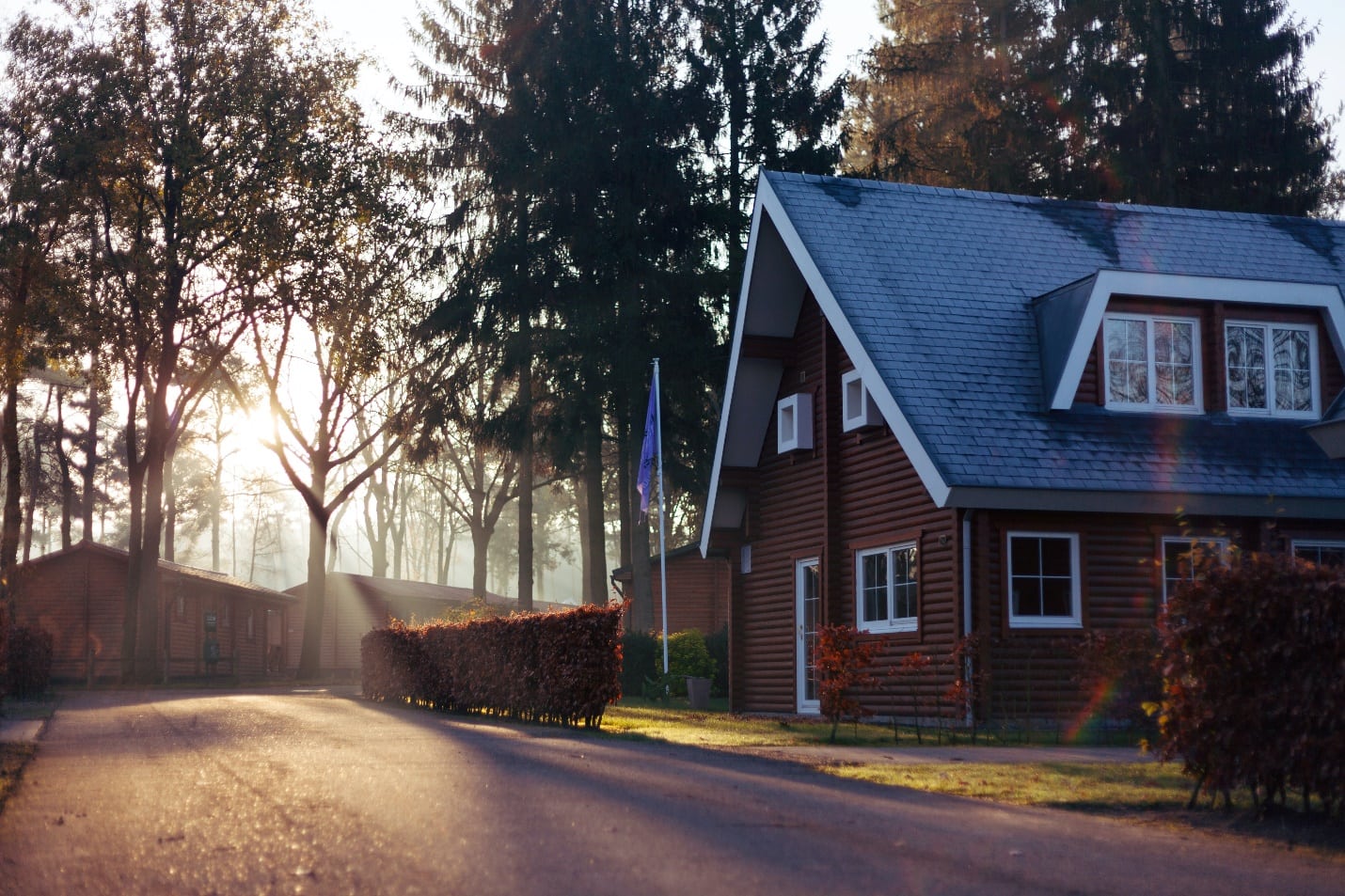A will is a legal document that records how your property and other valuable assets should be allocated once you pass away. It includes all other wishes that you might have regarding your real estate. Probate, on the other hand, is a legal process that allows an individual or group of people the authority to deal with a departed person’s assets.
A common misconception is that a will and a probate are the same. In this blog, we discuss the differences between having probate and will.
What Is a Will?
A Will is a written document that sets everything straight. It explains all the distribution and inheritance of money, property, and other assets after the owner passes away. These individuals are usually your loved ones, often referred to as beneficiaries.
Individuals who pass away without writing down their will, are termed to have died ‘intestate.’ It then leaves the situation to the state to decide who receives the assets. The problem with this is that it might not be what the loved ones, the children of the previous owner, would like.
Thus, a Will is highly necessary. It ensures the right people inherit the assets and that other individuals don’t benefit from them. With a will, you can record all sorts of information, such as:
- Who the legal guardians will be of your children
- Your executors, who will be responsible for looking after affairs after you die
- Your last-minute expenses, including where you will be cremated or buried
- If you wish to give to charity, then you can also specify to whom and how much
What Is a Probate?
A probate is a legal and financial process that involves dealing with a deceased person’s property, money, and assets. Before the individual named in the will or the next of kin can claim the rights to transfer, distribute or sell the asset (vacant land), they must apply for probate. The method also certifies that the individual’s dues and overtaxes are paid for, and all expenses involved in the funeral are paid for as well.
How to Prepare to Get a Probate Done?
A will is one of the most crucial documents for probate to process. Other documents are necessary, such as the death certificate, ID, NI number of deceased, life insurance policies, living trust, beneficiary designations contracts, business agreements, etc. These documents must be given to the solicitor to work out the land’s value to apply for a Grant of Probate.
How Much Does It Cost to Use a Probate Attorney?
In simple cases, you can expect to pay between $3500 and $7000 for simple cases. A probate attorney charges five standard ways: hourly rate, flat fee, retainer fee, contingency fee, and percentage of the land’s value. A land owner can be charged anywhere between 3% and 7% for the percentage of land value, depending on the vacant land size.
How Long Does a Probate Take?
While no specific time is dedicated to the probate process, a typical process can take 6 – 9 months or more. The probate process starts from the date of the decedent’s death. Several factors come into play when setting a timeline for the probate process. One of them is the complexity of the vacant land. In severe cases when the family is dealing with lawsuits, it can take several months or years to settle the issues and conclude the probate.
Overall, an estate planning attorney will guide you through the complex estate planning process and dispute it rightly among the beneficiaries.
If you want to discuss your real estate planning, in that case, you can contact the Nevada probate attorneys at The Bourassa Law Group. We can provide highly individualized estate planning services to help you avoid probate.
Call us at (800)870-8910 for a FREE consultation!





